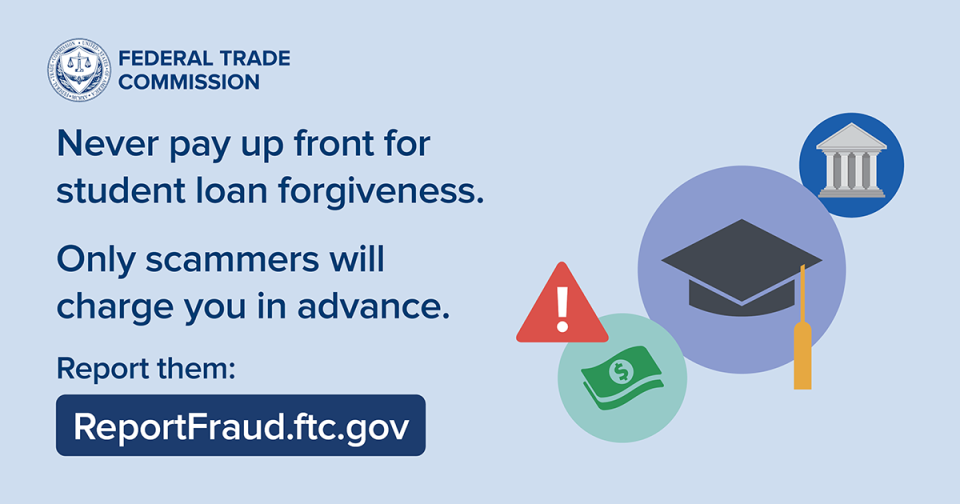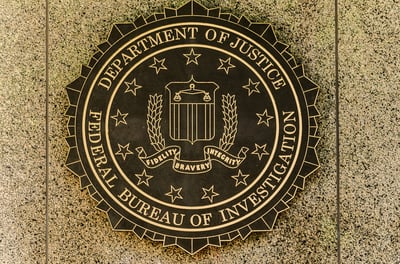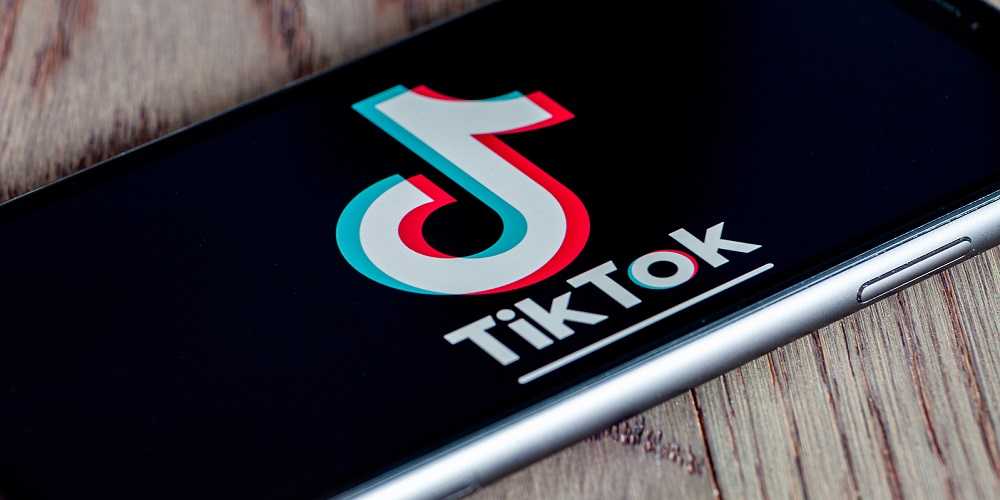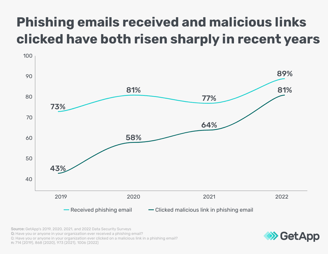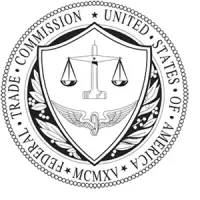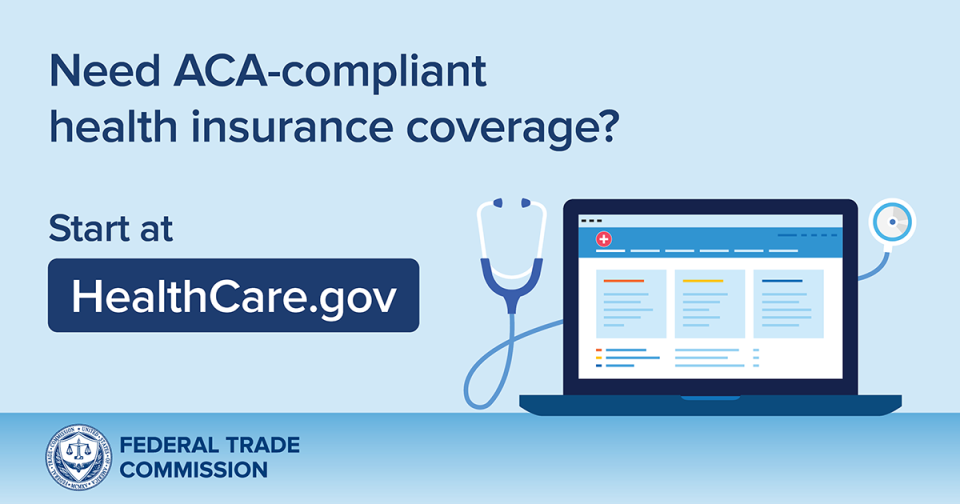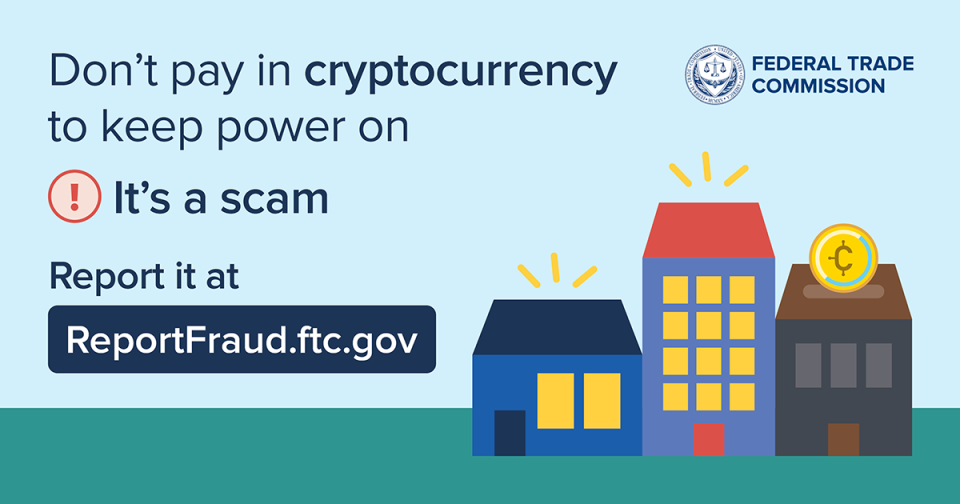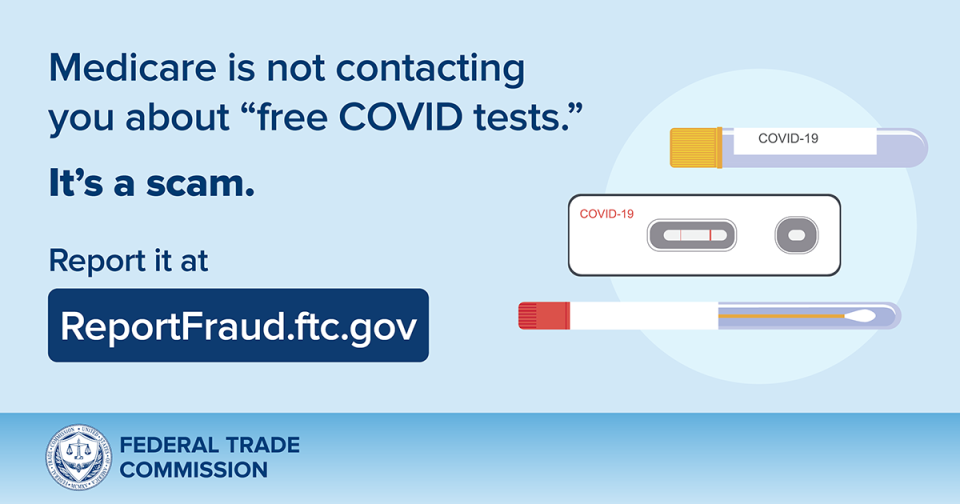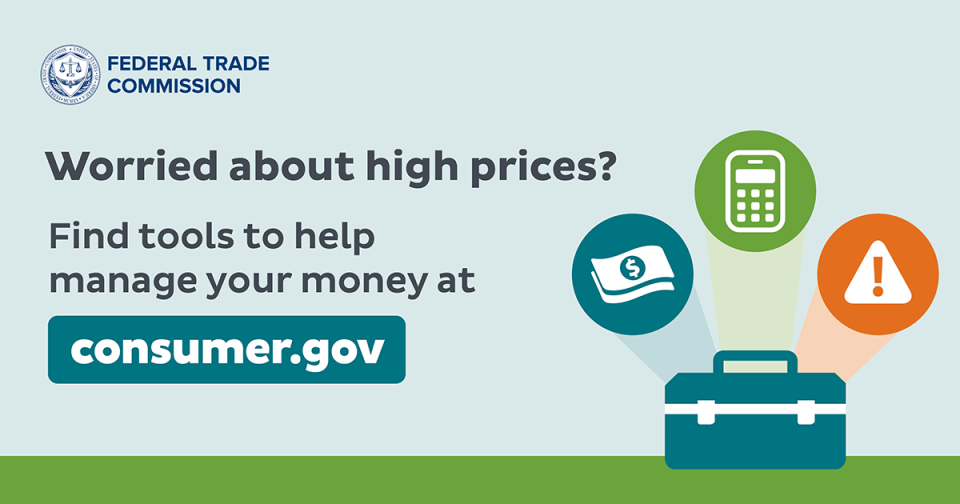FTC Consumer Response Center 1-877-382-4357
You’ve probably already heard about the new government plan that will forgive some federal student loans, once it’s up and running. Also in the news: the federal student loan payment pause has been extended to December 31, 2022.
Everyone should use multifactor authentication (MFA), where they can, to protect valuable information. Everyone!
The problem is that the MFA used by most people and companies is barely better than passwords and just as easy to compromise. If possible, you and your company should strive to use phishing-resistant MFA.
rowing up, our elders taught us to share with others. Of course, we know they weren’t talking about sharing personal information online. If anything, the latest TikTok hack should be a lesson to us all to be extremely careful about the PII (personally identifiable information) we share online, especially on social media sites.
A survey by the Spanish GetApp software rating site has found that the number of organizations using phishing simulations has risen from 30% in 2019 to 70% in 2022.
The FTC’s hard work pays off for American consumers. A few months into the pandemic, the FTC filed complaints against two online sellers — Glowyy and American Screening — which falsely promised fast delivery of in-demand face masks, sanitizers, gloves, and other personal protective equipment.
Looking for health insurance can be confusing. But if you run across a company that deliberately tricks you into signing up for insurance or health products that don’t deliver (and are hard to cancel), it’s even harder.
People are telling us they’ve gotten emails warning that their sensitive personal information is being sold in the shadowy marketplaces of the dark web. Some emails list the stolen information, like all or part of the person’s Social Security number, date of birth, and driver’s license number.
It’s never a good time to have your utilities shut off. But during the hot summer months, the threat of having no power can be especially miserable: no AC, no refrigerator, not even a fan. Scammers know this and will try to trick you into sending them money to keep your electricity on. But there are ways to spot the scammers.
That $750 you were promised for filling out a survey was never intended to be paid but is in fact a giveaway scam you just fell for. You may think there’s no real harm in filling out a bogus survey, but the real thing about these scams is that it’s stealing your PII (personally identifiable information).
Scammers have been targeting Medicare recipients with a fake offer to get “free COVID tests.” They’re calling and running websites, online and television ads to try to convince people to give their Medicare information. But if you give them your information, they’ll bill fraudulent charges to Medicare.
With the cost of groceries, housing, and many other things rising, you might be looking for ways to cut costs. You aren’t alone. Across the country, people are worried about high prices impacting their budgets. And scammers are taking notice.
Data recently released by the Federal Trade Commission (FTC) shows that the number of complaints about social media shopping scams more than tripled over the last year. Consumers reported losing more than $117 million to this type of scam in just the first six months of 2020 compared to $134 million for all of 2019, according to the FTC’s latest Consumer Protection Data Spotlight.
The Sun just reported that experts are sending a warning about online scams in relation to Queen Elizabeth's passing.
These threat actors are utilizing social engineering tactics by using phony Twitter accounts to offer tickets to next week's funeral.
Scams surrounding crisis situations or high-profile events never cease. Taking advantage of current events and crises are a lure many cyberthieves cannot wait to take advantage of for their own gain. Natural disasters, such as the earthquake in Papua New Guinea and the fundraising surrounding it opens a door for scammers to steal donations from those who give to provide relief for those in need.


